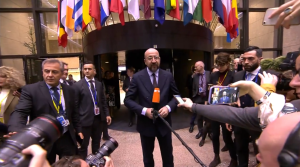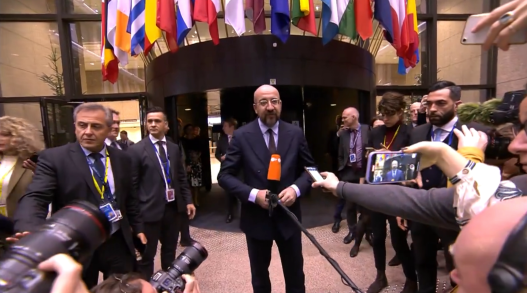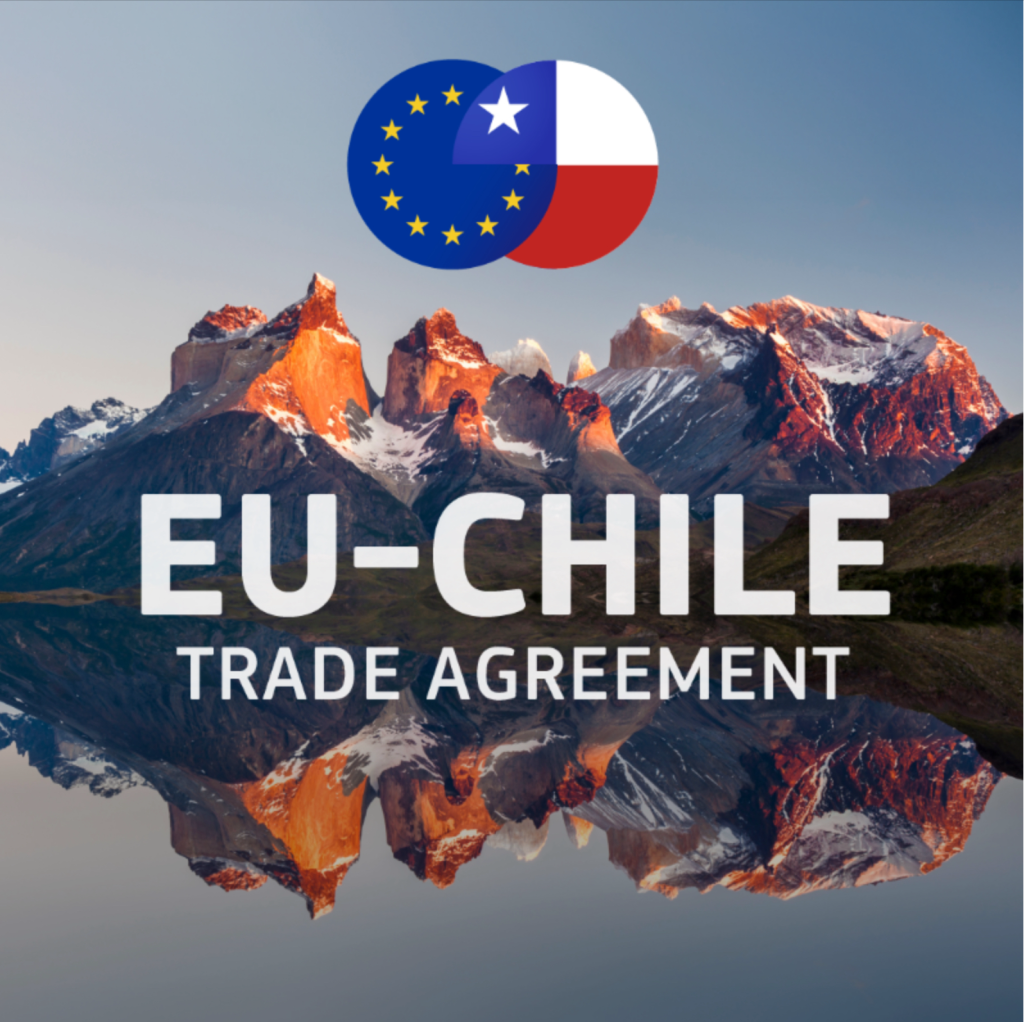
THESE ARE THE STEPS THAT UKRAINE AND MOLDOVA NEED TO TAKE ON THE ROAD TO EUROPEAN UNION MEMBERSHIP
The leaders of the European Union have decided this December 14, 2023 to start negotiations with Ukraine and Moldova for their future accession.
Now that EU leaders have approved the opening of accession talks with Ukraine and Moldova, these are the steps the two countries must take until their final accession. Kiev and Chisinau still have a long way to go.
Once a country is granted candidate status, the accession process consists of four steps, all of which require the unanimous approval of EU leaders.
The first, the decision to start negotiations, was taken tonight at the European Council in Brussels.
Next, leaders will have to decide on the negotiating framework for the talks so that Ukraine and Moldova can prepare to implement EU laws and standards. The framework is based on a proposal by the European Commission and must be approved by the member countries.
It must meet the so-called Copnehague criteria: the existence of stable institutions guaranteeing democracy, the rule of law, respect for human rights and respect for and protection of minorities.
Once the negotiations are completed, the Commission will give its opinion on whether Ukraine and Moldova are ready to join the EU, which must then be unanimously approved by all member countries, at a European Council such as the one held today, as well as by the European Parliament.
Then, finally, the leaders of the 27 member countries, as well as Ukraine and Moldova, will meet at an intergovernmental conference, during which they will all sign an accession treaty. This treaty must then be ratified by all member countries, which is usually done through national parliaments or by referendum.
This news was originally published in Aquí Europa.



